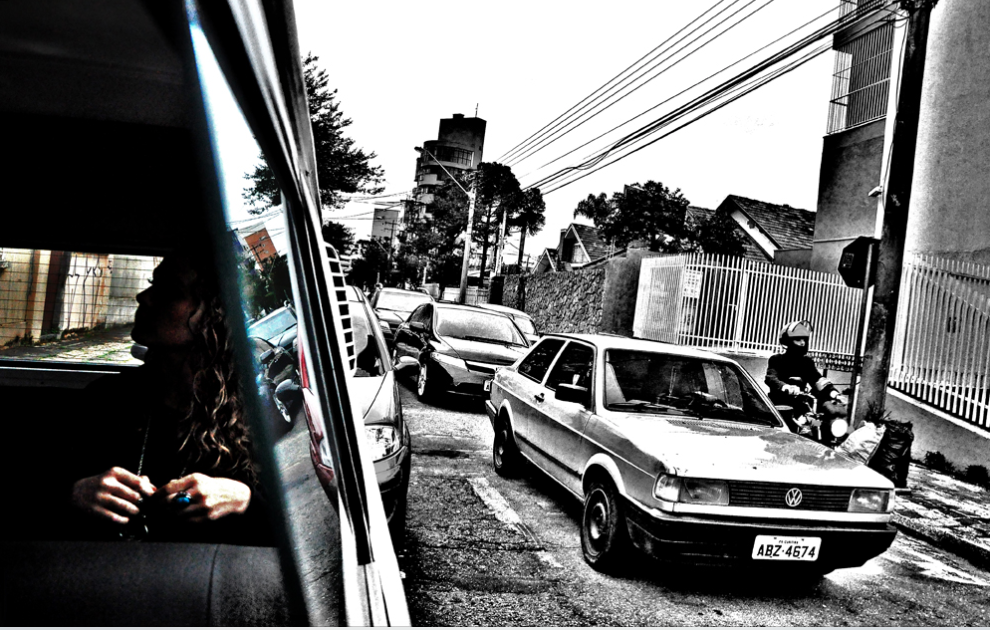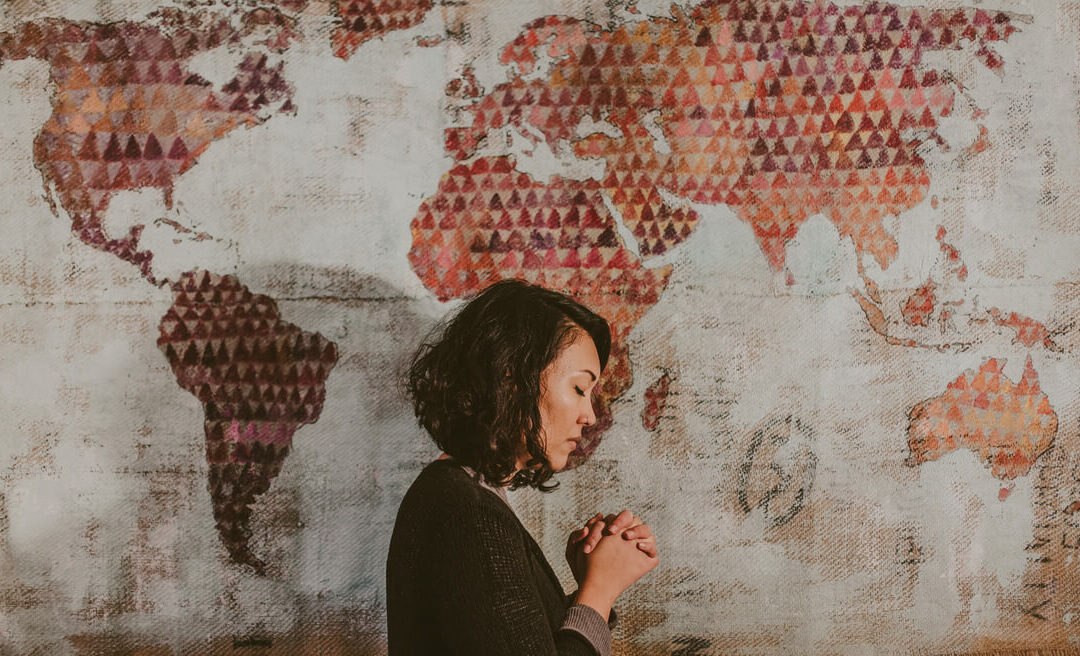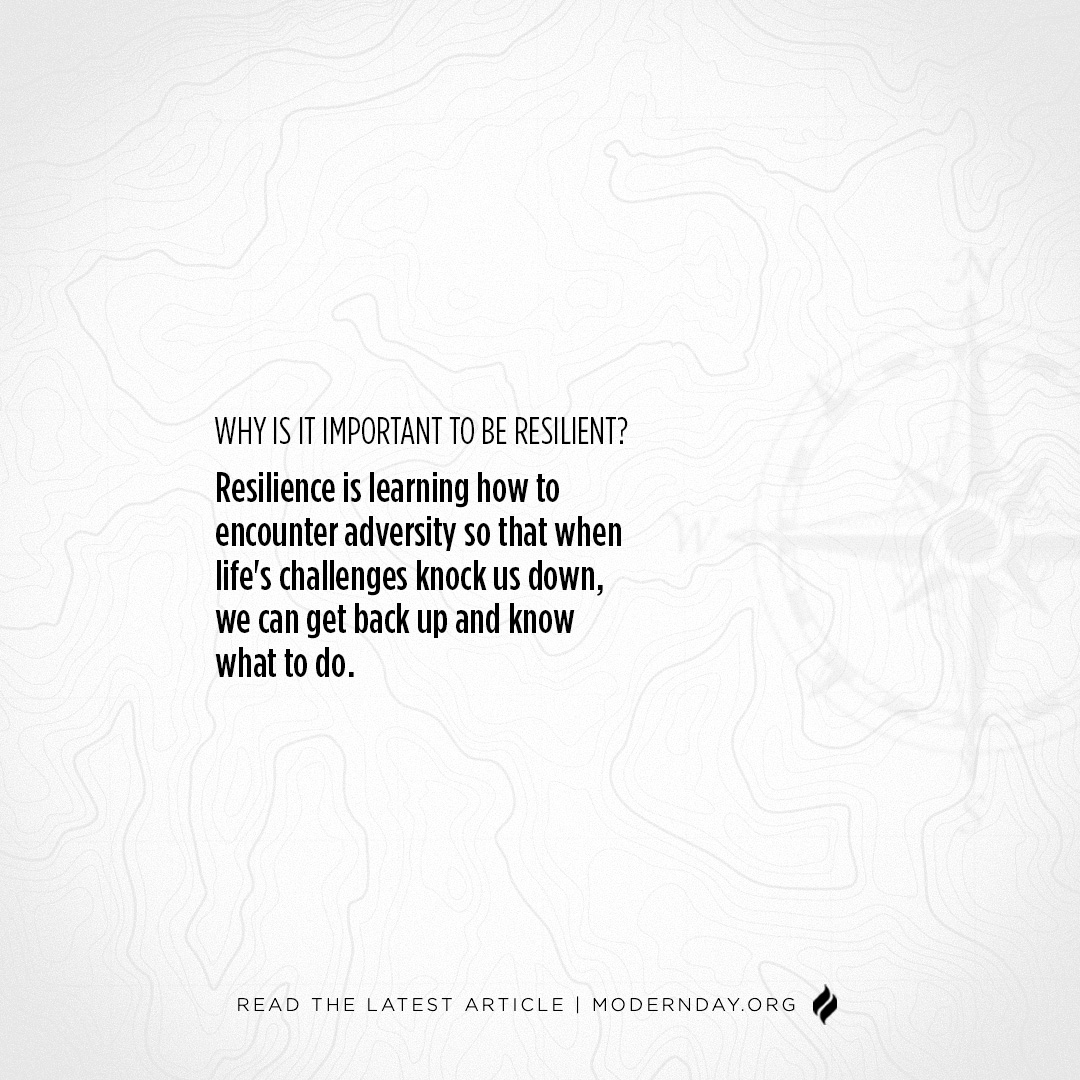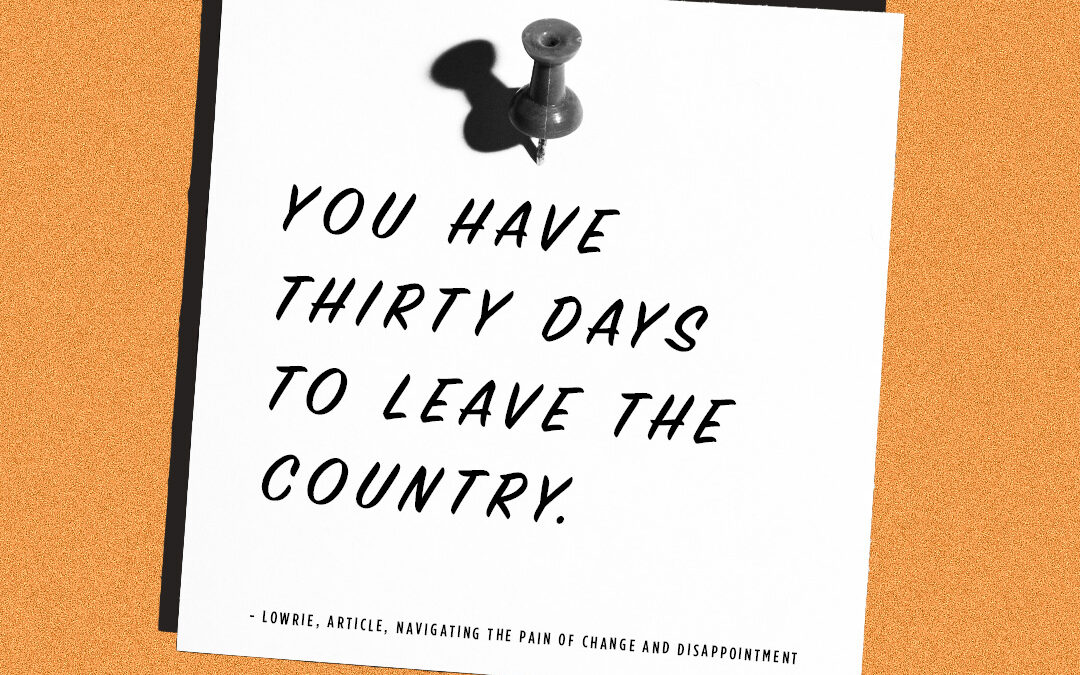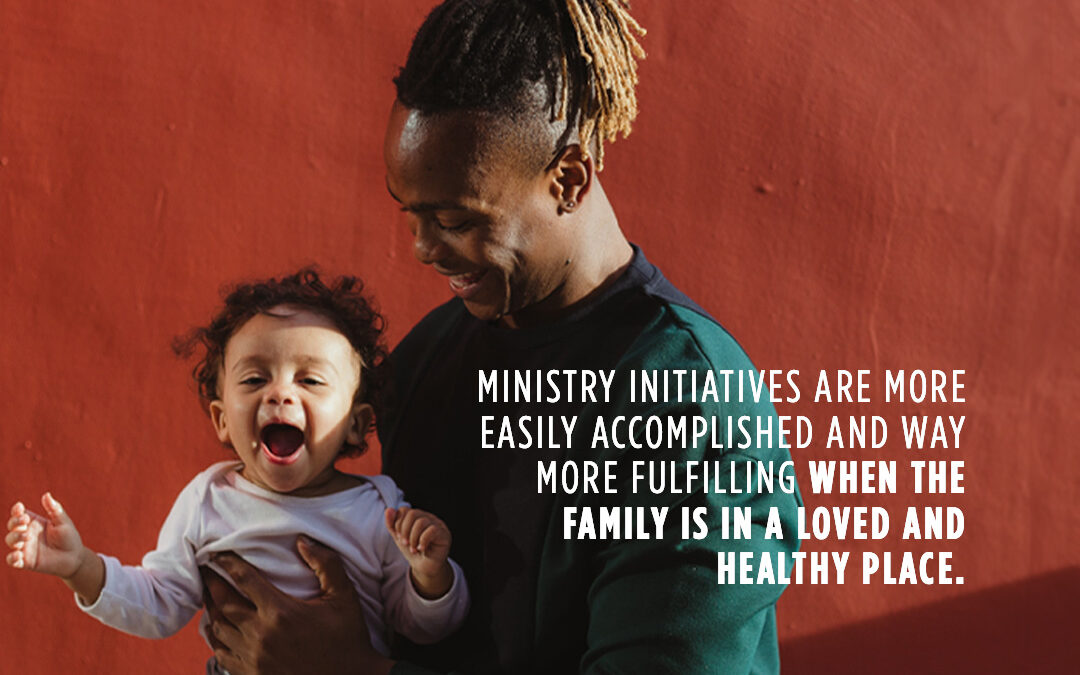I often find myself caught between two equally real, yet equally incomplete mindsets. For most of my adult life I have served either as a photographer or social worker. As an artist I see beauty in the broken, estranged and transitional aspects of life. Art is found to be great partially due to how raw and honest it is. A photo conveys a story; and stories are marked by both trauma and hope. The tension that lies between the two is what holds the image together. It connects the beginning to the end, while maintaining a sense of mystery and grandeur in it’s unsettled state. Tragedy is what makes victory so sweet. Without obstacles God would not need to call us over comers. Scars are what remind us to live in grace. They remind us we need grace. These raw human defects display a race of clay, not plastic. They testify to the perfection of a delicately balanced dance of contradictions.
As a social worker, I find myself seeing through a second lens; a fierce idealism. I believe in a supernatural God who can heal every scar. Still, so often man uses his own free will to destroy himself and others. I grieve our fallen nature and long to see people free from the suffering that binds them. Honesty takes courage. Justice takes sacrifice. These are real choices we are all confronted with daily.
How does our all-seeing God navigate this dichotomy? We know he hates evil, yet allows it. We know he will one day restore all things to perfection yet he gives us the gift of purity even while we live on earth; with our scars, and our pain. Pain is an offering we can only give to Him while in this world. It will not exist in heaven.
Walking this line of documenting as an outsider and being invited deep as an aid worker provides constant opportunity to wrestle through these seemingly contradictory realities. As a missionary in Brazil working with victims of human trafficking, I see the best and the worst of humanity. I get to photograph banquets to lavish God’s love upon women trapped in the red light district, birthday parties for girls in Betânia (our safe house for children rescued from prostitution and abuse), baby showers for single mothers in the slums, and so on. Photography has become one of my favorite ways not only to raise awareness, but also to bestow value upon those who do not have the resources for frivolity. Many of the individuals we work with have never had photos of themselves before.
Several years ago I was invited to photograph in Haiti over Christmas. Haiti is the poorest county in the western hemisphere with 80% of their population living under the poverty line. Many of the people we served had pulled friends and family out of the earthquake just a few years earlier, leaving thousands orphaned. Refugee camps are now mostly dissolved but many Haitians have been displaced. People left the camps in search of better living conditions, but there is still virtually no clean water available to many. Crowds of people pressed in for the simple drink we came to offer. As our team distributed bags of water, the children literally fought over it. Even in the midst of such need, one girl, around 7 years old took a ring off her finger and put it on mine to say thank you.
To be in Haiti for Christmas was inexplicably sweet as I was overwhelmed with a fresh revelation of the incarnated Christ – whose decision to live among us His people, broke every social chain and made a place for the lonely in family. Orphan to son, slave to free, prostitute to bride. It was Christ’s joy to embrace our brokenness at His birth and I felt His joy over the nation of Haiti that year, with all their glory and all their struggles. Haiti was established through the only successful slave rebellion in the world. It was the first free nation in the Caribbean, and the only nation at that time committed to anti-slavery. The Haitian people, brought to the Island from all over West Africa, overthrew the French colonists and took control of the land in 1804. The success of this slave revolt, which so defines Haiti’s identity, was a reminder to me that there is currently an entire nation (an estimated 29 million – 50% of which are children) trapped and scattered throughout the earth in modern day slavery. Just to put that number in perspective, it’s greater than the entire population of Australia. Sitting with the Haitian people on Christmas morning reminded me that slavery does not end simply because the oppressors leave. Experiencing restitution is an equally important aspect of walking out freedom. We so often expect the enslaved (by any meaning of the word) to just start over. It is fatal to overlook the roles of patience, longsuffering, family, education, and friendship, in the process of healing. Freedom is more than a state of being; it’s an ongoing realization. No longer slaves, but Sons – we are all somewhere along that path in own spiritual journey. This journey is far more important than the final destination. God is with us now, just as He will be for eternity. As we weep with those who grieve and bring celebration to those who are downtrodden, we have the temporary privilege of finding our Savior in the eyes of the broken. Really looking changes us. It re-arranges our hearts and creates room for response.
View photos of Shores of Grace work against trafficking in Brazil here: (http://tracingplanes.com/sonsanddaughters)
By: Kate Saurman
If you would like to make a financial contribution to Kate, Click Here!

